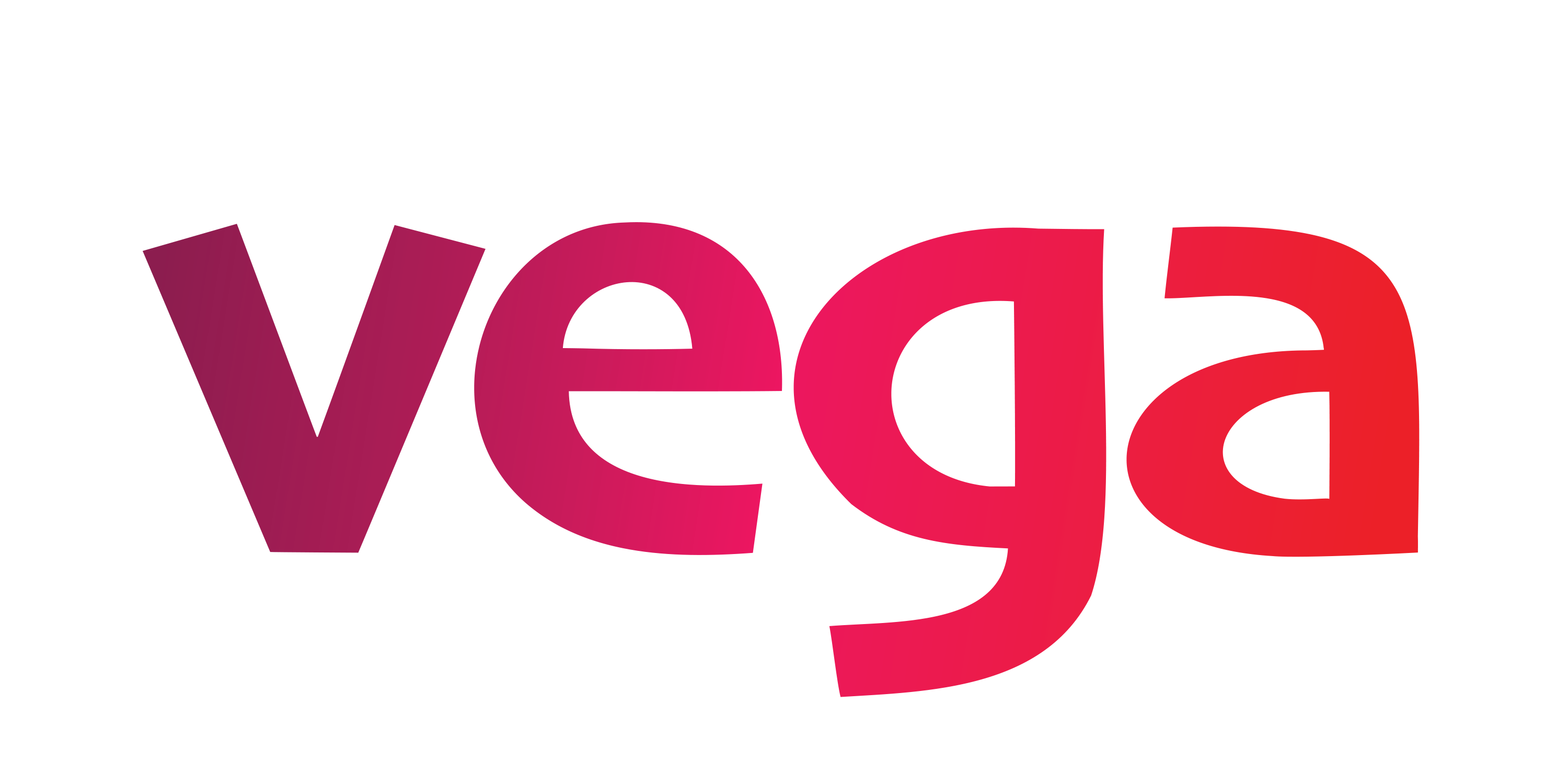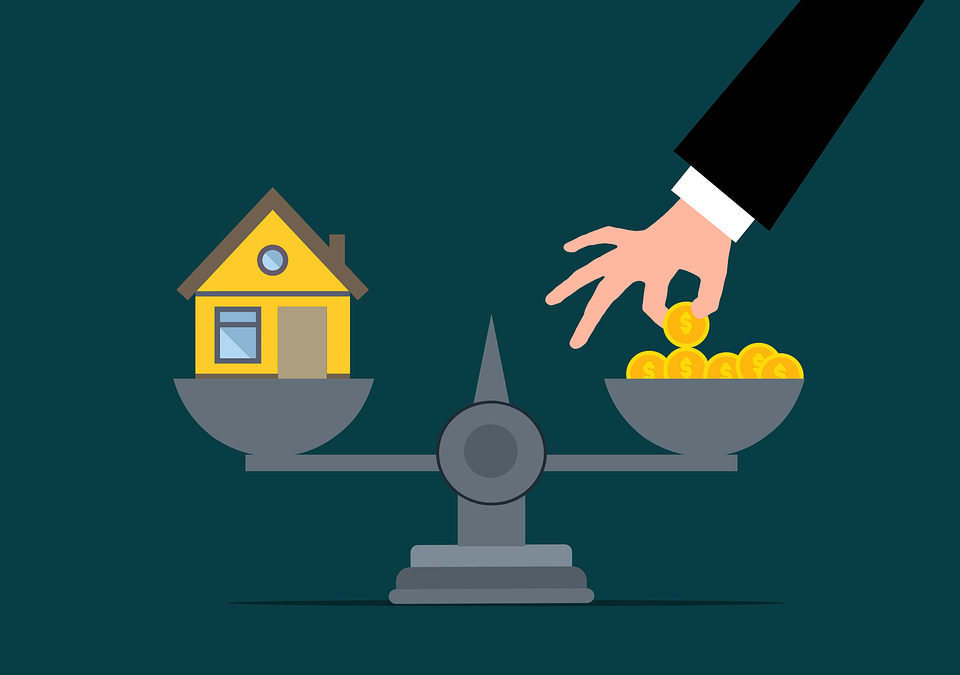Disclaimer
Nothing written in this article is intended to be personal advice. Please contact us if you would like to discuss your personal situation.
2022 is proving to be a hard year for NZ households.
Inflation is on the rise and interest rates are going up which means that everything is costing more, more, more…
What does this mean for home buyers?
It’s going to be harder to prove that you can afford the house that you want to buy.
The following is a list of common themes that I have been discussing with clients before they make an application for a home loan…
Earn More
(Easier said than done).
Have you got the ability to earn overtime in your current job?
Are you overdue a pay rise?
Are you able to change your job in order to get paid more?
Are you self-employed, but could earn more if you got a job?
Could you get a second job?
Income is a major factor that banks look at when deciding how much they will lend to you.
The more income that you can prove that you earn, the more that they will be willing to lend to you.
Banks feel safer when people are in paid PAYE employment (preferably full time) or if you have been self-employed for more than two years and are earning a decent profit.
Spend Less
Every home loan application is submitted with a budget projection as if you are already living in the place that you want to buy.
This is a key piece of information for the lenders, as it shows them whether or not you can afford to buy the house while maintaining your current lifestyle.
If your lifestyle is costing you too much, then the banks will not give you the loan.
So, within this projected budget, we allow for future mortgage payments, rates, insurance and other costs of owning a home.
Along with these projected costs of owning a house, we factor in what you are already spending in your daily life now.
So, this is where things like groceries, utilities, travel, clothes, insurances, entertainment, online subscriptions etc are all accounted for.
The more that you spend within your budget, the less you are able to afford your mortgage payments.
So, this is a relatively easy thing to fix, if you are overspending on cafes, restaurants, takeaways, pubs/clubs, online subscriptions, Pay TV, alcohol, sports/gym, hobbies, tithing/donations etc.
An easy rule to go by is… if it’s not essential, don’t spend money on it.
Kill your Short-Term Debt (the worst type of STD)
Short term debt should come under the Spend Less heading, but because it has so much of an impact on your mortgage application, it needs to be dealt with separately.
STD is the biggest killer of any home loan application.
If there’s too much, or you have access to too much, then your application will be declined.
Essentially, STD is looked at in two ways…
- What you owe right now.
- What you could owe if you maxed out the limits that you have available to you today.
When it comes to home loan applications, lenders look at both forms and then assign a cost to each line of STD and add it to your budget projection.
So, if you have a credit card with a $10,000 limit or a buy now/pay later scheme with a $2,000 limit, but actually owe nothing on either, the lenders will add a cost line to your budget in the assumption that you will use those limits to go into debt in the future.
So, with things like credit cards, buy now/pay later schemes, overdrafts, revolving credit facilities, store cards and any other form of debt that has a limit that you can re-draw, the lenders don’t look at how much you actually owe, but what you could owe.
For your mortgage application, the best thing to do with STD is to pay it off and close it or at least reduce the limits to the minimum for your situation.
Have a Bigger Deposit
(Again – easier said than done)
Lenders like people to have as big a deposit as possible.
This means that there is less risk for the bank if the worst happens and the house needs to go to mortgagee sale. Ideally, the bank will not lose money on the loan.
So, the bigger your deposit, the better chance you are giving yourself of getting your home loan application approved.
Banks like to see deposits come from the following sources
- Saved funds (This include KiwiSaver)
- Gifted funds
- Term deposit
- Sale of real estate
- Sale of shares/other assets
Get a Guarantor
A Guarantor is someone who already has equity in their own home and is willing to contribute that equity to your application, essentially improving the overall debt to equity ratio of the application.
This is a good option for those that don’t have enough saved deposit and have family members who already own all or most of their home and are willing to help them out.
This course of action comes with risk and it is always advisable to get legal advice before going into any kind of agreement.
Summary
The above are only a few factors that go into making a home loan application, but they are the ones that we have the most control over.
We are able to help you do the groundwork before you apply for a home loan.
If you would like to discuss your own situation, please contact us…
Tim Oliver
021 0295 6499

